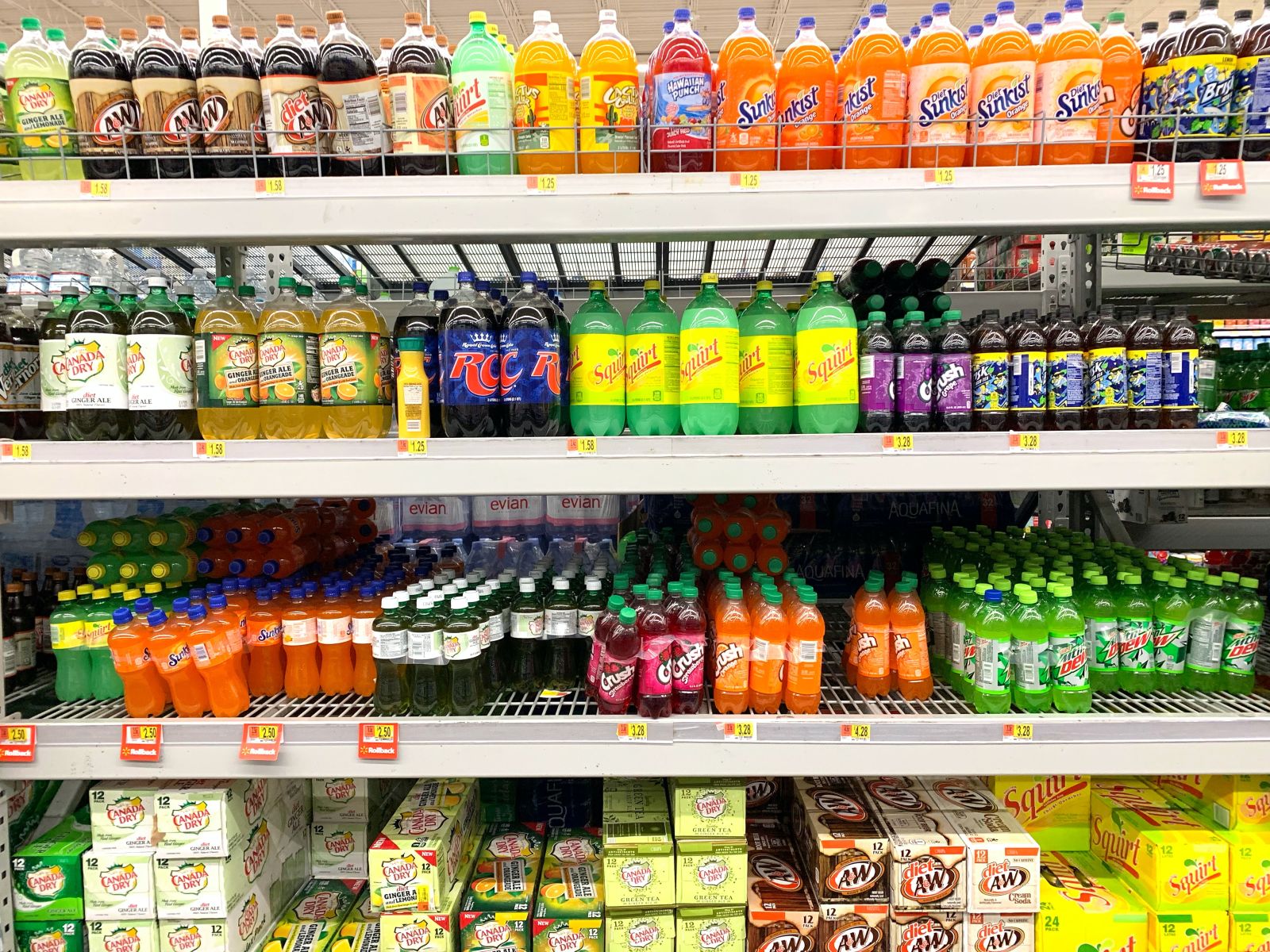
Given the tough environment consumers have faced since the Federal Reserve began aggressively raising interest rates to combat stratospheric inflation, a significant degree of pessimism has entered the market. For instance, the benchmark S&P 500 index slipped more than 1% in the trailing five sessions. As well, Kimco Realty (KIM) – a real estate investment trust that invests in shopping centers – fell an alarming 6% during the same period.
However, the smart money – the institutional players – have yet to panic. Instead, publicly available evidence suggests that the biggest entities on Wall Street have a bullish outlook on KIM stock. That’s awfully contrarian given some of the less-than-encouraging headlines. For one thing, you have record credit card debt, which just recently exceeded the $1 trillion mark. That probably wouldn’t happen if the economy was truly stable.
Moreover, consumers are delaying purchases of expensive items. Primarily, data from S&P Global Mobility shows that the average age of vehicles on U.S. roadways hit 12.5 years this year. Again, that’s hardly a sign of a robust economy. At the very least, the framework demonstrates that consumers don’t feel confident enough about forward cash flow (as in, their jobs may be at risk).
With all that and more, it’s reasonable to see institutional players selling out of KIM stock. Instead, they’re selling out-of-money (OTM) KIM puts, which is an altogether different story.
Unusual Options Activity for KIM Stock is a Major Contrarian Trade
Following the close of the Aug. 22 session, KIM stock represented the top highlight in Barchart’s screener for unusual stock options volume. Specifically, total volume hit 5,189 contracts against an open interest reading of 14,145. Further, the delta between the Tuesday session volume and the trailing one-month average metric came out to 1,417.25%.
At first glance, the transactional breakdown seems bearish. Call volume mustered only 35 contracts while put volume clocked in at 5,154 contracts. This yielded an unsightly put/call volume ratio of 147.26. Nevertheless, there’s more than meets the eye here.
Looking at unusual options activity for the day, most of the action centered on the $20 puts with an expiration date of Sept. 15, 2023. Here, volume came out to 5,126 contracts against open interest of 175. The underlying implied volatility pinged at 30.94% while the bid-ask spread as represented by the midpoint price landed at 12.12%.
What’s more, strong evidence points to institutional traders making this transaction. According to data from Fintel’s options flow screener – which filters for only large block trades that are most likely made by institutions – the leading trade was for $20 KIM puts.
On surface level, puts carry pessimistic overtones because they give the right but not the obligation for holders to sell the underlying security at the listed strike price (prior to expiration). However, selling OTM puts generally represents a bullish tactic.
On Tuesday, KIM stock closed at $18.58 in the open market. Therefore, the institutional traders selling $20 KIM puts may be anticipating a rise in the underlying security. If KIM breaches the $20 price point, the put sellers will be able to keep the entire premium associated with the sale of the options, which becomes their profit.
Also, there would be no obligation to buy KIM stock since a put buyer would not exercise a contract with a strike price higher than the open market price. Of course, this move is awfully contrarian for the institutional trader. Over the trailing month, for instance, KIM slipped more than 11%.
It’s Not a Completely Unreasonable Thesis
Although institutional players may be taking a sizable risk selling OTM KIM puts, it’s not an entirely unreasonable thesis. As the Associated Press noted recently, Americans continued to increase their purchases at retailers in July, including for clothing, dining out and online goods. That’s a solid sign that consumers are opening their wallets despite other bearish signals.
Also, Kimco is a REIT that focuses on grocery-anchored shopping centers, per its website. This distinction may be crucial in the months ahead. Should the aforementioned headwinds of stubbornly high inflation and credit card debt ultimately weigh on consumer sentiment, households will almost surely cut back on their discretionary purchases. However, they can’t give up on the essentials of food and water.
Now, would this thesis pan out in a little over three weeks when the underlying KIM puts expire? Lacking other contextual knowledge, that does seem an aggressive bet. However, it’s not unreasonable because consumers didn’t just experience pain right now. For many, they’ve been hurting since the start of the pandemic, even before the public health crisis.
For those that have a longer time frame, KIM stock could be an interesting idea that’s presently on discount.
On the date of publication, Josh Enomoto did not have (either directly or indirectly) positions in any of the securities mentioned in this article. All information and data in this article is solely for informational purposes. For more information please view the Barchart Disclosure Policy here.






